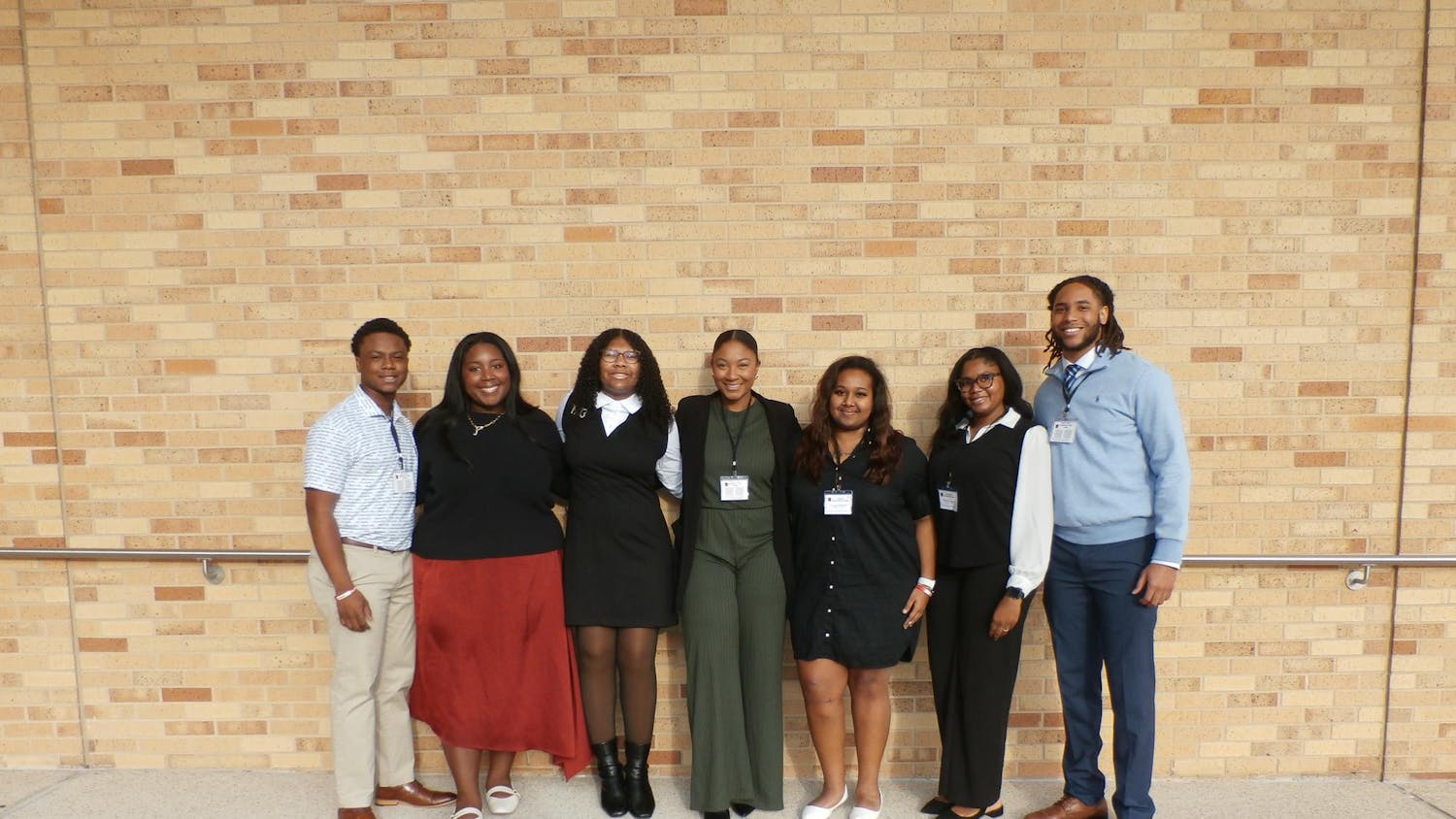The 2016 Campus Climate Survey final report was recently released, and those students that participated called for a cultural change in Auburn that provides more inclusion and sense of belonging.
Julie Huff, Provost Office director of strategic initiatives and communications, said diversity is perceived differently now than it was during Auburn’s 2003 Campus Climate Survey.
“I think that we as a society operationalize or we define diversity differently now,” Huff said. “It’s not about race. It’s about gender, it’s about religion, it’s about lifestyle and I think we perceive that word to be very different.”
Thirteen years ago, Auburn perceived diversity very differently than it does now, according to Huff.
“Context helps us perceive how something is of value to us,” Huff said.
Huff said she was most surprised by how students feel about the culture in Auburn.
“Just having students feel as though there is an inclusion barrier, so they’re not necessarily comfortable, or they didn’t feel that they were welcome at other student organizations,” Huff said. “I just don’t think that’s the case at all, so somehow some way we have to think about ‘How is that cultivated? Where do students get that perception?’ and really start to address it.”
Other responses from the survey called for diversity among Auburn faculty as well, according to Huff.
“It was really heartfelt to hear students say that they want to see more faculty that represent them, and I think that’s a fair request,” Huff said. “So, I wasn’t surprised by that, but that sort of emerged as a strong theme across all of the groups that we spoke with.”
Huff said recruiting and retaining faculty and staff are two very different challenges.
“It definitely is a goal for the institution and something that we’re going to work toward, absolutely, especially in our office and not just recruitment of faculty, but students also,” Huff said. “We absolutely want to increase our representation across all types of student groups.”
Huff said she hopes this increase in representation will help better the culture in Auburn.
“If we want to be an inclusive campus then we really need to make a steadfast effort to ensure that every student feels that they belong, students don’t feel judged, students don’t feel bias,” Huff said.
Huff said students should be aware of micro-aggression so they can be good representatives of Auburn University.
“This whole concept of micro-aggression is not something that I was familiar with, but it’s something I’m very conscious of now because students may be engaged in something that’s perceived to be micro-aggression and not even know that they’re doing it,” Huff said.
In October of 2001, several Auburn fraternity members faced suspension and expulsion following Halloween parties where they wore racist costumes and carried out ant-African American acts.
According to Huff, she remembers the events well and the negative effects they had.
“I was a faculty member at that time…and it was very personal to me because I had an African American student who had a friend that was involved in that and he was very hurt by that,” Huff said. “It was just a different time and people didn’t have the sort of accessibility to information and perspective. I do think having that access has helped people broaden their scope and frame of reference.”
Huff said the #AUTogether movement is a better representation of the goals for Auburn rather than calling it the Climate Survey.
“People might not know what it is and it’s not really reflective of the direction we want to go in,” Huff said. “We know where we need to make changes in terms of structurally and organizationally, but then we also know where we need to make cultural changes.”
Huff said she hopes the #AUTogether movement will allow people to visualize what they want to see in Auburn’s future.
“I would love to start seeing AU Together utilized, especially at Camp War Eagle because you build culture from the bottom up,” Huff said. “We can really get students to sort of acknowledge their own role while we’re making these structural and organizational changes and together we’ll be in a different place in a few years, even in a year I think.”
Do you like this story? The Plainsman doesn't accept money from tuition or student fees, and we don't charge a subscription fee. But you can donate to support The Plainsman.




